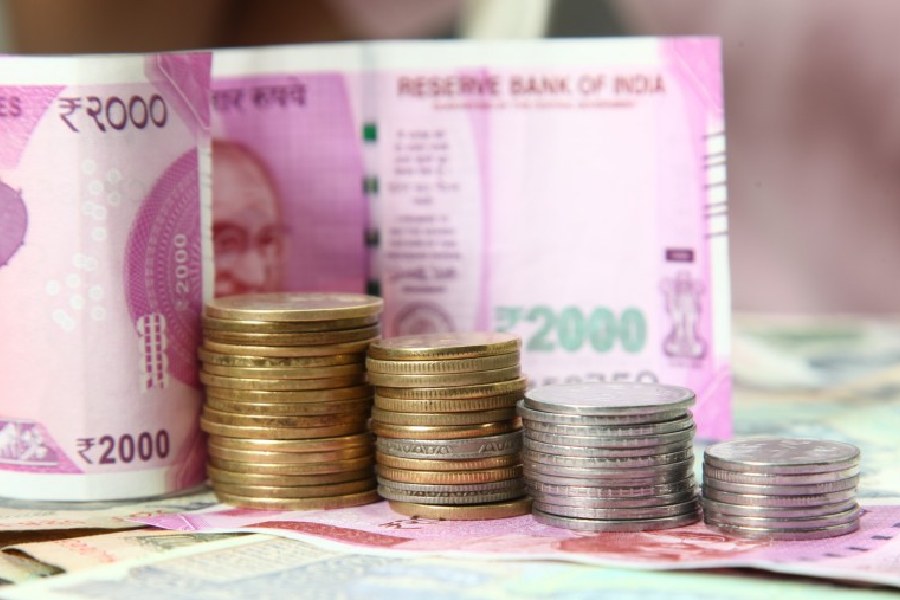 |
Several decades ago, a gentleman landed up in Calcutta and claimed he had bought liquor giant Shaw Wallace from its foreign principals. This was much before the bruising takeover by Manu Chhabria and the company was a much more innocent place. The “new owner” was acknowledged and accepted until, much later, he was proved to be a fraud.
That, of course, was misrepresentation on a grand scale. In many smaller ways, jobseekers seem to be doing it all the time. But it is not going to be so easy to get away with it much longer.
For starters, there is the Nasscom plan to set up a database of IT and BPO employees. Although this is being billed as a response to a security issue, it is actually a tool for employers to cut down on attrition levels. Whatever the motivation, one must accept reality: this blatant intrusion on privacy will come into existence soon. It’s Orwell’s 1984 in new clothes.
The Nasscom plan is a permanent, across-the-board background check. That’s what is reprehensible. One cannot, however, deny employers the right to check on people who are applying to them for a job. And companies are coming up to provide such services. (Mind you, they all make a big thing of respecting privacy and seeking the candidate’s permission before starting their investigations.)
“One in four job applicants falsify education records or credentials,” says Supersoft, an India-based firm that is into the business of pre-employment screening. What does it do? “Once you zero in on the candidate, and upon receiving the applicant’s written consent, we confirm the identity and address of the candidate; search numerous public and private records; and contact schools, universities, public authorities, previous employers, supervisors, HR departments, professional institutions and references to confirm the accuracy of the information provided by the candidate.” That’s an elaborate process and is more targeted at MNCs.
First Advantage Quest Research, a Hong Kong-based company, has offices in Mumbai, New Delhi, Bangalore and Chennai. It says it is the industry leader in Asia doing more background checks than any other provider. “In fact we probably do more than all other providers combined,” says the company. It has also developed a database called Degree Mill, which details hundreds of fake universities around the world. One such name on your CV will immediately raise a red flag.
TACT India is another company in the business. It styles itself “India’s only full-spectrum business risk solution enterprise”. It even offers lifestyle checks.
 |
In the absence of too many specialised bodies, some of the work is being taken up currently by detective agencies. The Delhi-based Indian Detective Agency, for instance, offers such services. But the downmarket, pre-marital check is a bigger business, so reputed companies might have second thoughts about utilising these services. Others include Ace Detectives and the Globe Group.
How much does it cost? The tab could go up to Rs 10,000 per check, though the normal rate is closer to Rs 2,000. The process takes about 10 days. In the US, the pre-employment check industry is estimated at $5 billion. So there is huge scope here too, where industry turnover is less than Rs 50 crore.
Is so much attention to pre-employment checks necessary? There are no two views about this. Fudging academic qualifications, for one, has become a national pastime. A powerful politician has been accused of faking her academic credentials. One of the country’s leading industrialists has just been discovered to be claiming a foreign management degree he did not possess. It came out only because of a spat in the family.
When the illustrious of the land resort to lies, can you expect ordinary jobseekers to do otherwise? It may make a big difference to their prospects; the Gandhis and the Ambanis are just saving face.










